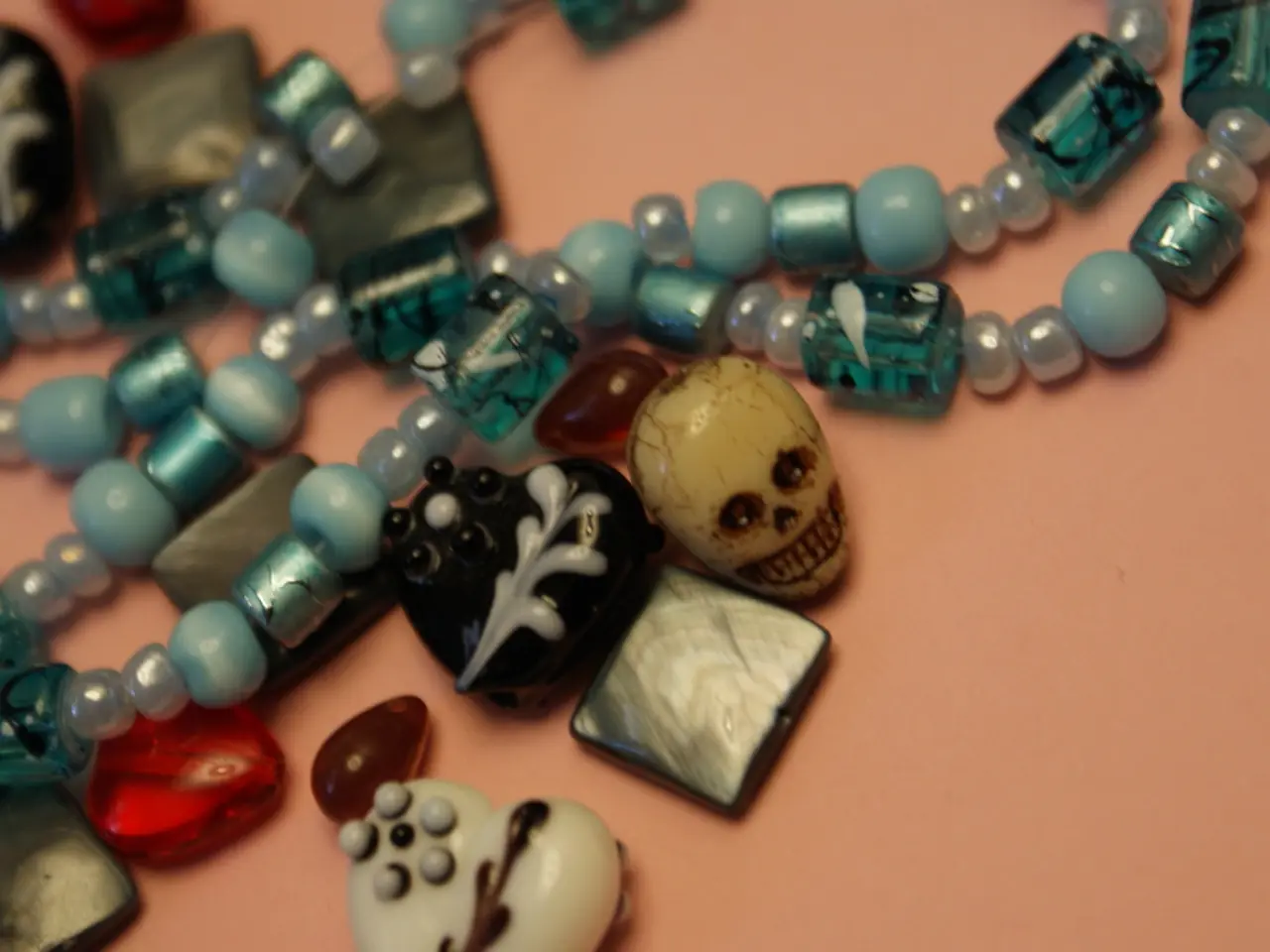U.S. Court Rules in Favor of Oura in Trade Dispute with Competitor Smart Ring Companies
In the dynamic world of wearable technology, a significant legal battle is unfolding between Oura, Ultrahuman, and RingConn. The U.S. International Trade Commission (ITC) has been handling an investigation into the companies' smart rings, with a recent development marking a significant milestone.
As of August 18, 2025, the ITC has issued a Final Initial Determination (ID) and a Recommended Determination (RD) on remedy and bonding. The Administrative Law Judge (ALJ) has recommended that if a violation is found, the Commission should issue a limited exclusion order and cease and desist orders against the infringing products. This could potentially lead to the banning of Ultrahuman's Ring Air and RingConn's Smart Ring from the U.S. market.
The heart of the case revolves around Oura's unique design, particularly its dual-housing design, curved battery technology, and advanced sensors. The ITC agreed with Oura's claim that these features have been copied by Ultrahuman and RingConn, based on evidence such as engineering schematics, CT scans, and tear-down videos.
Oura's focus on protecting its intellectual property is evident in its response to the infringement. The company hired a private investigator to expose the deception regarding Ultrahuman's fake manufacturing plant. The judge called Ultrahuman's CEO "not credible" and slammed the company for "lack of truthfulness," due to faked evidence about a U.S. manufacturing plant in Texas.
RingConn's CEO admitted under oath that the company studied Oura's rings, which may have negatively impacted RingConn's case. If Ultrahuman and RingConn do not revamp their rings, they could be kicked out of the U.S. market.
The potential ban could have significant implications for the wearable tech market, as it sets a precedent for companies to respect intellectual property rights. The ITC's ruling, if finalized, could force both Ultrahuman and RingConn to redesign their rings or exit the U.S. market entirely.
Meanwhile, the companies continue to compete in the market with their respective smart rings—Oura Ring 4, Ultrahuman Ring, and RingConn's offerings—with each emphasizing different features such as health tracking, battery life, or ecosystem integration.
In a blog post, Oura celebrated its victory, stating that the ruling validates the strength of its intellectual property and its commitment to protecting its technology. The final ruling in this ongoing legal dispute is yet to be announced.
[1] Source: U.S. International Trade Commission [2] Source: TechCrunch [4] Source: Wareable
(Note: The article does not contain advertisements as per the guidelines.)
- The ITC's investigation and potential ban on Ultrahuman's Ring Air and RingConn's Smart Ring could impact the future of not just smart rings, but also other gadgets and smart-home devices that share similar designs and technologies.
- In the ongoing legal dispute, Oura's focus on protecting its intellectual property, highlighted by its uncovering of Ultrahuman's fake manufacturing plant, suggests a growing priority for technology companies to safeguard their unique designs and innovations.




